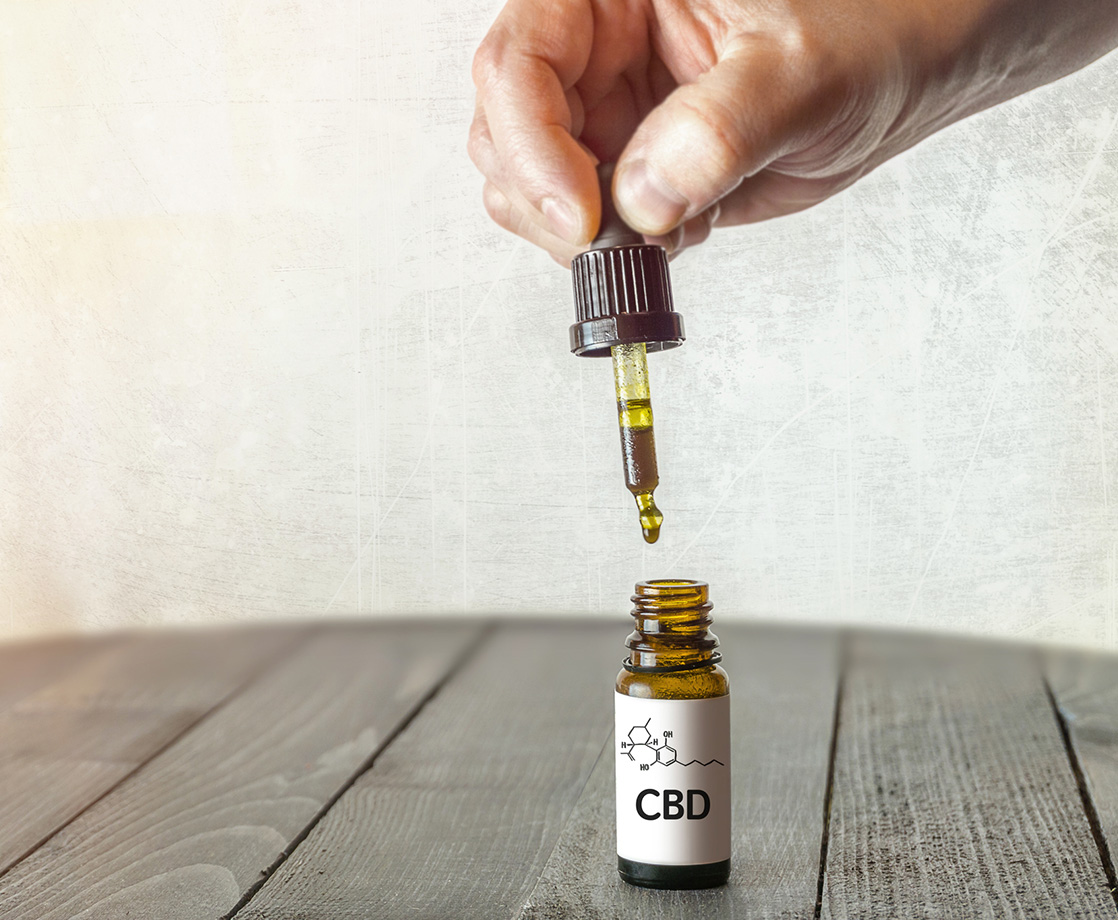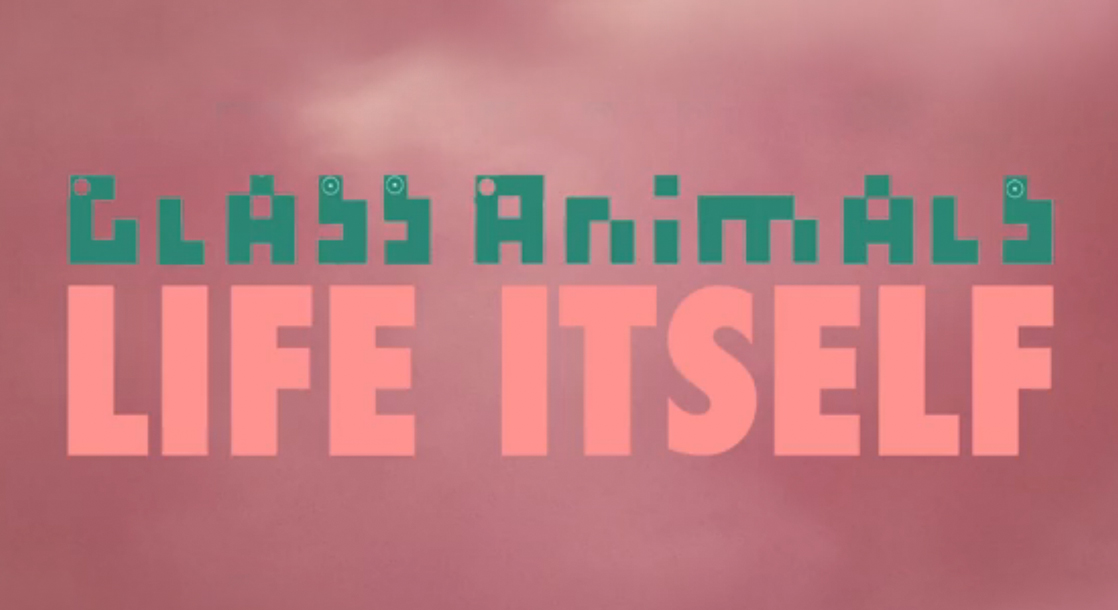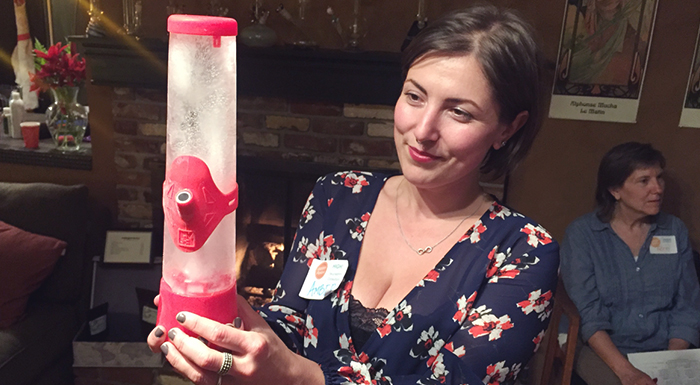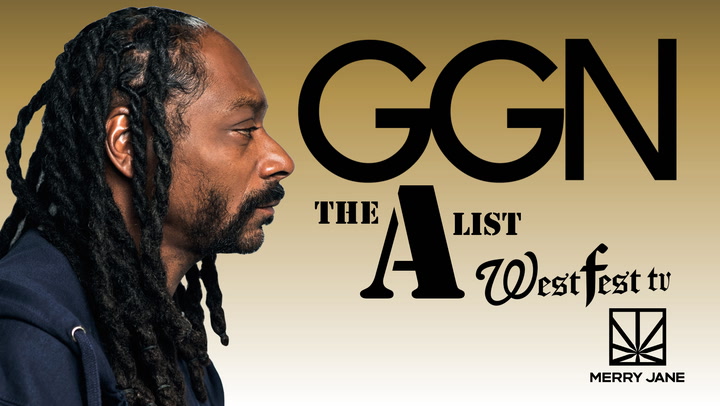The US Food and Drug Administration’s (FDA) first public hearing on CBD has come and gone, but the federal agency is still taking public comments this month.
CBD, or cannabidiol, is a non-intoxicating component of cannabis that possesses medical properties. Over the past decade, its popularity has exploded as a health supplement and supposed cure-all, and it’s been infused in everything from foods to beverages to beauty products. But FDA officials have raised concerns about CBD’s widespread use, given that few peer-reviewed studies exist regarding its safety and efficacy.
In May, the FDA held its first public hearing on CBD to much media fanfare. Toxicologists, doctors, forensic specialists, medical marijuana patients, and members of the cannabis industry all testified at the hearing, discussing the pros and cons to consuming the compound. After weighing in on the testimonies, here’s what the FDA issued as its first warnings concerning CBD use:
– CBD is not approved for any medical condition except for certain seizure disorders. Claims that it can “cure serious diseases such as cancer, Alzheimer’s disease, psychiatric disorders, and diabetes” remain unfounded.
– Many CBD products do not contain the amounts of CBD reported on their labels.
– CBD is not approved for use in animals, though CBD companies often market it to pet owners.
– CBD can cause liver toxicity in some people, especially those with liver disorders or who regularly take certain medications.
– CBD’s safety, particularly in specific groups of developmentally vulnerable people (the elderly, teenagers, or lactating women), has not been thoroughly studied.
The recent legalization of hemp has further complicated CBD’s legal status, as CBD is primarily extracted from hemp. While marijuana – the kind of cannabis that gets people intoxicated – remains outlawed at the federal level, hemp was recently removed from drug scheduling late last year under the 2018 Farm Bill.
That said, CBD companies have floundered in legal limbo despite hemp’s legalization, as the FDA still considers it illegal to market non-approved CBD products for off-label medical use or as food additives.
Although the FDA issued warnings and guidelines for CBD, it has not released new regulations for the compound. The lack of regulations has caused headaches for authorities, CBD producers, and CBD consumers, with some jurisdictions treating it like a dangerous narcotic and others approaching it as a totally harmless substance. If the FDA doesn’t regulate CBD soon, Congress may pass its own regulations instead.
“Congress’s intent was clear with the passage of the Farm Bill that these products should be legal, and our farmers, producers and manufacturers need clarity, as well as a workable pathway forward regarding the agency’s enforcement,” Senate Majority Leader Mitch McConnell (R-KY) recently said in a statement. McConnell’s state, Kentucky, was once the hemp capital of the US.
Hemp companies are also pushing for new regulations, since CBD’s flimsy legalities could open companies to criminal charges or civil litigation. “We want to give FDA the appropriate space to come up with their conclusions,” Jonathan Miller, general counsel at the US Hemp Roundtable industry group, told The Hill. “They are under a lot of pressure from Congress, and Congress is under pressure from the public. I think they realize they need to move quickly.”
Currently, only one CBD product in the US has received FDA approval. Last year, Epidiolex, a pharmaceutical drug derived from the cannabis plant, was approved for use in patients with Dravet syndrome and other epileptic disorders. Epidiolex is a formulation of pure CBD mixed with dehydrated alcohol and a sweetener.
In case you missed the FDA’s public hearing for CBD, Americans can still share their personal experiences with CBD to the feds. The last day to submit comments is July 16.
Follow Randy Robinson on Twitter











